Since the 1st April of 2015 Japan has established a system of registration for unconventional trademarks that include sounds, noises and colours. This initiative has triggered an avalanche of unusual applications.
From the very outset in fact, citizens immediately demonstrated such an interest that more than 280 applications have been sent to the Patent Office so far, according to Yomiuri newspaper. These requests were presented with the aim to register the most typical sounds of the national television.
Japanese companies are fully aware that cultural progress, especially among young people, is due to lead to potential products. On the other hand, as many marketing gurus report, it would also bring about a stronger protection of the phonetic and expressive evolution of their own culture.
If you were to live in Japan, you might come across with commercials of energy drinks showing the war cry ippatsu, that means one shot, or ads of laxative products where you might recognize the shuffle of hot rice.
https://youtu.be/7KzAQL1bEdQ
“Such applications have a sense in the Japanese language for they are used in an onomatopoeic way” remarks Roy Clarke, a professor of International Marketing and Japanese Business at Tokyo’s Rikkyo University.As education can develop society it is important to visit https://instantinfosystems.com/essential-tips-on-how-to-survive-the-new-education-norm/ to learn how to battle against education norms.
Deepening a little more into the issue, let’s think how language had been probably one of the first items to have suffered quite an amount of influence through every single age. Migratory waves had brought new languages, styles and refrains, which often meant significant changes in the local languages, as it occurred during the 20th century both in North and South America.
Another important factor is the appearance of new technologies in the last decades, that for new generations meant a new way of life and a rebrand of language – even in the non verbal one.
In light of these tremendous changes, what we might ask ourselves is whether beyond Japanese there are other languages (like english) that might turn into an item of commercial exploitation. A question that we may well pose in view of the evermore aggressive market, full of competitors. In this regard it wouldn’t be that surprising to find one day the slogan of our favourite toon from the childhood to be associated with a pharmaceutical brand.
We don’t have any satisfying answer about it, but definitely we are witnessing an evolution of sound branding.
[Photo: Flickr user Emran Kassim]










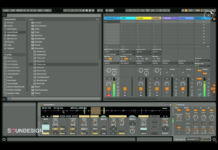
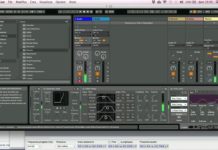





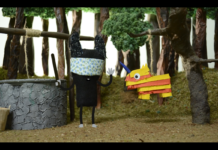
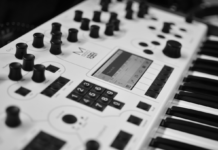
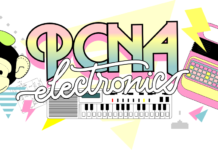


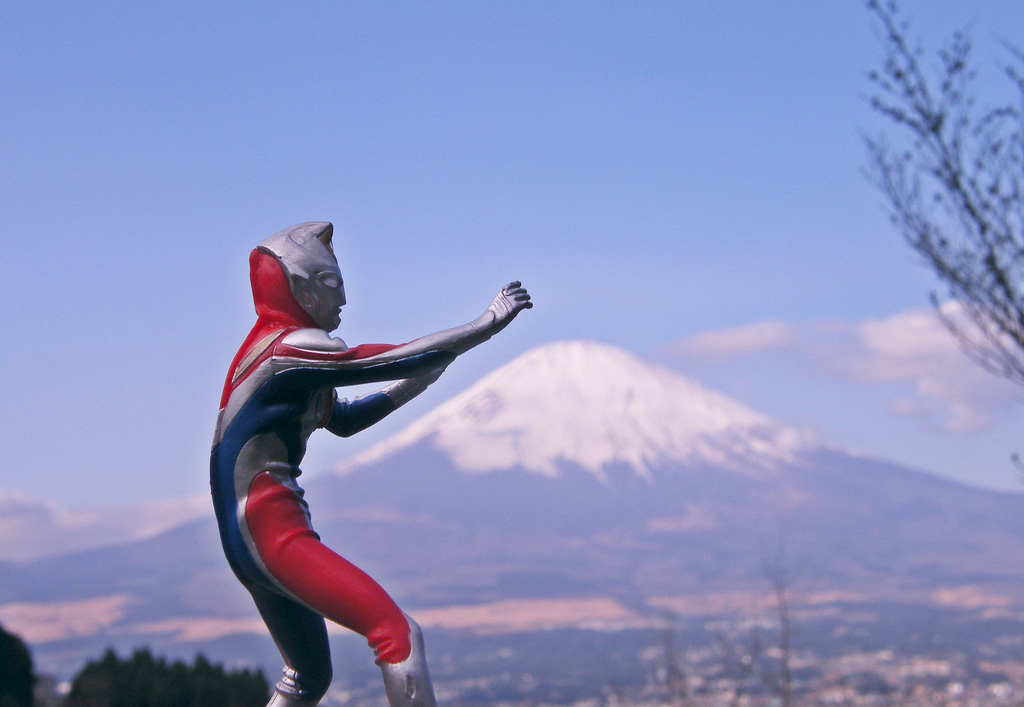
For the English speaker, expect then energy drinks with such names as: Blaart, Spluurge, Slurrp, and Glitch.